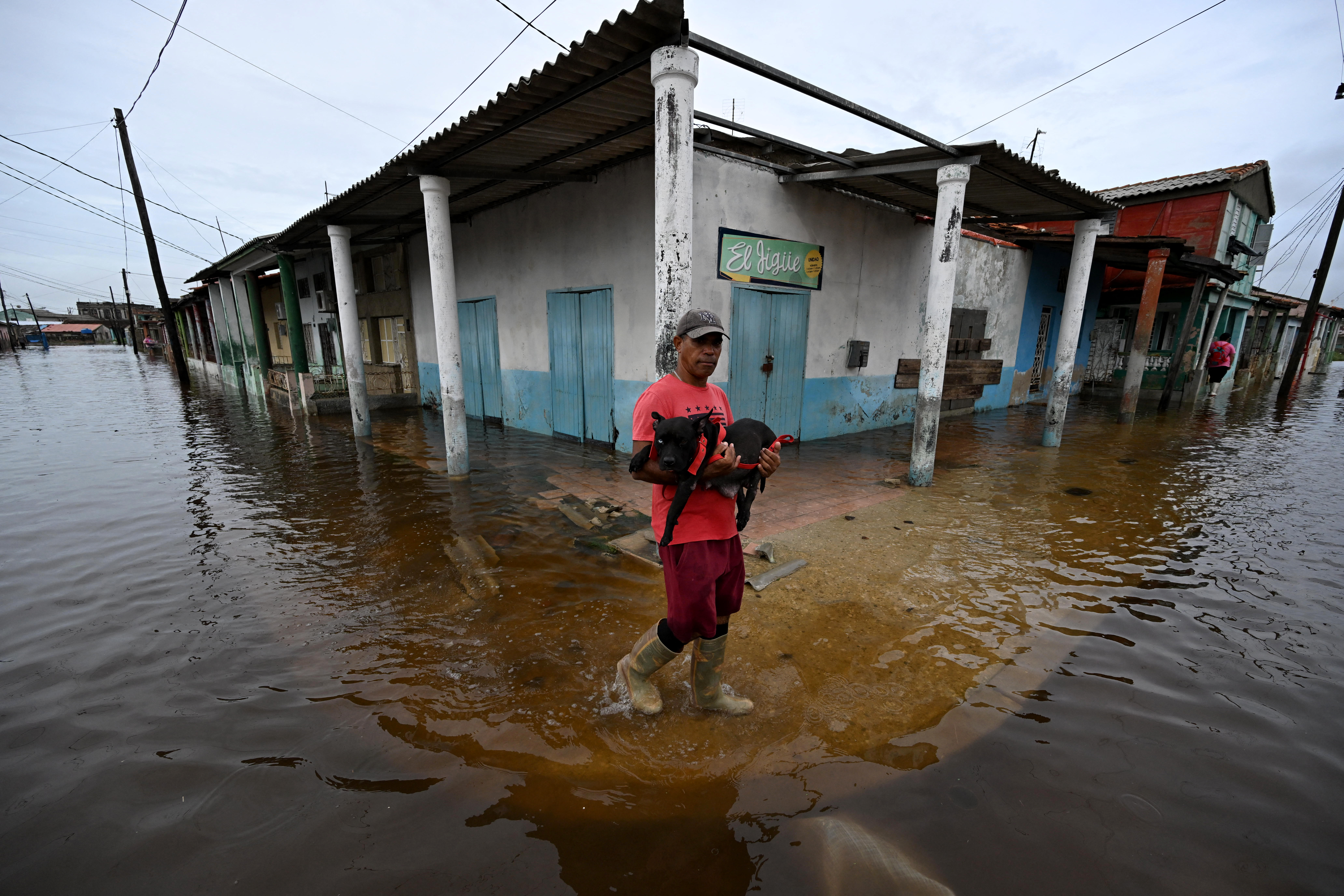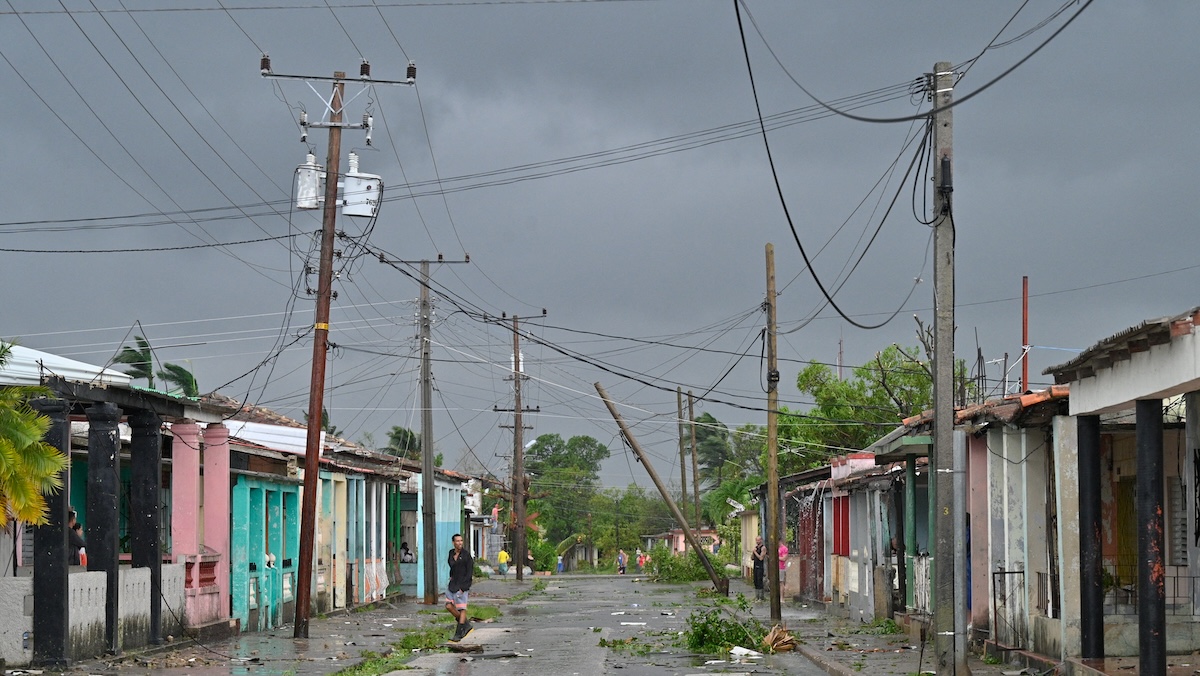Rafael weakened Saturday to a tropical storm and was expected to dissolve over the Gulf of Mexico in the coming days after barreling across Cuba as a Category 3 hurricane.
Rafael was located 290 miles (470 km) north-northwest of Progreso, Mexico on Saturday. It had maximum sustained winds of 50 mph (85 kph) and was moving west-northwest at 6 mph (9 kph), according to the National Hurricane Center in Miami.
It was forecast to continue moving south toward southern Mexico in the coming days as it weakens. Forecasters warned that swells from the storm were likely to cause “life-threatening surf and rip current conditions" in that region.
The hurricane tore through Jamaica and the Cayman Islands earlier in the week, knocking out power and fueling mudslides. On Wednesday evening, it barreled into Cuba, causing yet another headache for the island.
Get top local stories in San Diego delivered to you every morning. >Sign up for NBC San Diego's News Headlines newsletter.
Rafael’s fierce winds knocked out Cuba’s electric grid, forced the evacuation of 283,000 people and collapsed 461 homes. It also left trees, power lines and rubble strewn across flooded streets. Many were still without power over the weekend, though Cuba's government said it was working to restore power to homes.
On Friday, state media in Cuba reported that Russia said it would donate 80,000 tons of diesel to Cuba, and offered a shipment of equipment for $62 million as the communist-led government struggled to pick up the pieces after the hurricane.
Rafael followed a rocky few weeks in the Caribbean nation, after island-wide blackouts stretching on for days and another powerful hurricane that killed at least six people.



